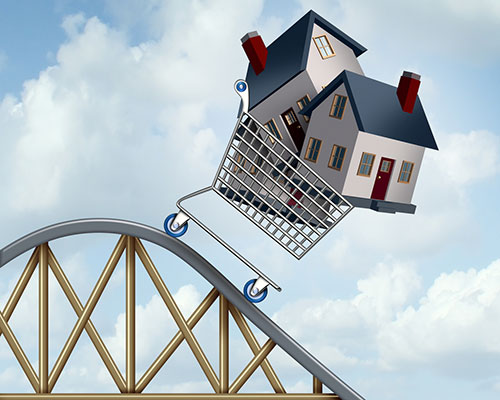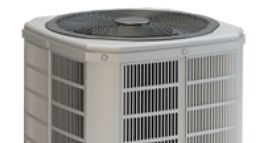In cities across the country, housing inventory remains low. Why is this happening, and what does it mean for your buyers and sellers? Here’s how low inventory is affecting both sides of the housing market.
Why it’s Happening
It wasn’t too long ago when home prices floundered near record lows. Over the past few years, however, rising demand for homeownership has sent home prices soaring, thanks mostly to low inventory. These days, insufficient demand is not the greatest challenge for the housing market; it’s a simple lack of supply.
The pool of homes for sale has run dangerously low for a couple of key reasons: existing homeowners don’t have as much incentive to sell their homes, and builders haven’t been able to construct enough new homes to keep up with demand.
The traditional source of supply for most homes for sale is existing owners, who are faced with a few issues when deciding whether to sell their homes. One is the loss of a 30-year tailwind in the form of declining mortgage rates. By going from seller to buyer, homeowners risk paying more to borrow an amount that equals their existing mortgage just to buy another home. Add the fact that low inventory would make it hard to find an acceptable new property, and it’s easy to see why many existing owners are reluctant to give up their current homes.
On the other side of things, builders are facing several issues that keep them from constructing enough new homes. In addition to rising material costs, builders are struggling with labor constraints, rising regulatory costs and limited access to buildable lots.
How it Impacts the Market
If you understand the basics of supply and demand, you can see why low inventory would result in skyrocketing home prices. With prices being so high, it would seem natural that existing homeowners would seize the opportunity to sell their properties for much more than they paid. In reality, however, many homeowners have remained hesitant to sell for three key reasons:
- They are waiting for maximum returns. Certain homeowners are waiting for price increases to level out, so they can be sure they are maximizing their equity.
- They have nowhere else to go. While it’s great to sell a home fast for a huge price, you still need somewhere to live. Most sellers want to apply their equity toward purchasing a bigger home. Since the prices of larger homes have also increased, a move up demands a favorable combination of circumstances that simply aren’t occurring right now.
- They would rather refinance. Instead of selling, a lot of homeowners are choosing to take advantage of low interest rates to refinance and increase equity. Whether it’s through basic loan refinancing or cash-out equity refinancing, many homeowners are deciding to take advantage of current market conditions by staying in their homes.
What Buyers Can Do
While the housing shortage does make it harder for buyers; there are still affordable properties out there, especially given existing interest rates. If rates increase, home prices will level out, as the market self-corrects. Until then, however, buyers should do everything they can to get prepared, so they can seize an opportunity whenever it arises. This means getting pre-approved for a loan, becoming familiar with the buying process and saving up enough money to finance a sizable down payment.
A 2-10 HBW Home Warranty Service Agreement can help protect you from expensive appliance repair and replacement costs. Contact us to learn more.








